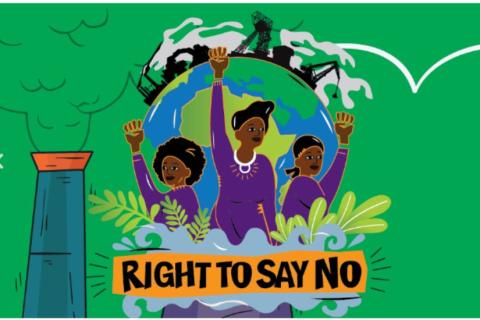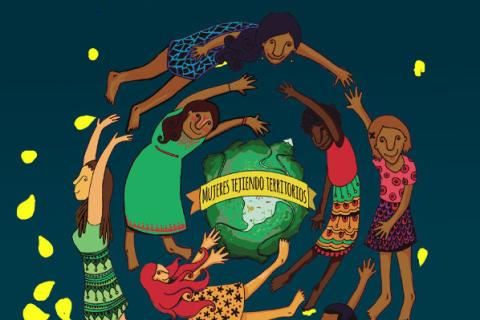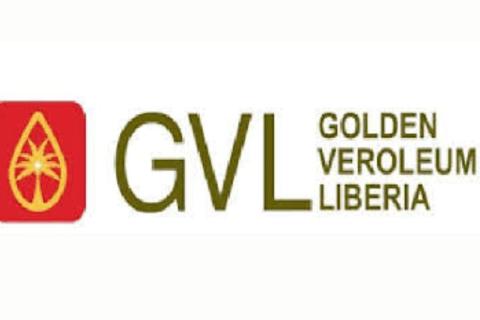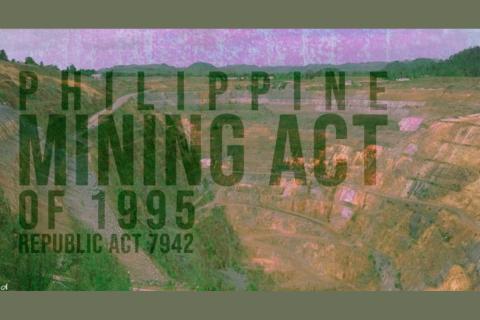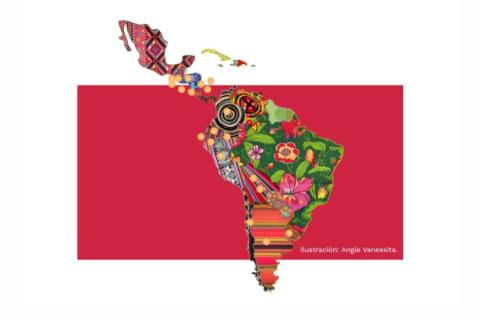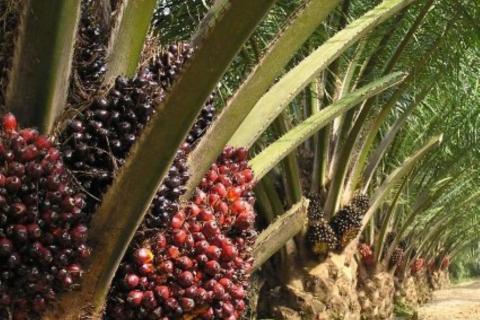In March 2013, the presidents of the so-called BRICS countries – Brazil, Russia, India, China and South Africa – met in Durban, South Africa. Surrounded by security barriers so that no one who would dare to protest could get near them, the presidents of these nations discussed a number of issues, including cooperation proposals.
One of the proposals most widely highlighted in coverage of the event was the creation of a BRICS development bank, with USD 50 billion in seed capital contributed in five equal parts by the bloc’s member countries.
Bulletin articles
In an international context of growing privatization and concentration of wealth, a process that is also manifested through land grabbing, financial actors are seeking out mechanisms that will enable their speculative activities. The circulation of enormous amounts of money is needed, and the international financial institutions and multilateral banks have fulfilled this role.
Genetically Engineered Eucalyptus Plantations Threaten Communities and Forests Around the World
The UN, under whose auspices many initiatives to halt deforestation have been launched, is adding another to the list: 21 March from 2013 onwards will be the International Day of Forests.
But does such a Day make sense? The International Year of Forests in 2011 went largely unnoticed, and one would be hard pressed to point to actual action that reduced deforestation and was undertaken as part of the UN Year on Forests.
International Women’s Day on March 8 is a day to celebrate the achievements made by women in the defence of their rights. It is also a day of struggle, a day to denounce the countless ways in which women’s rights are still being violated all around the world.
The People’s Summit in Santiago, Chile was held January 25-27 as a parallel event to the summit meeting between the governments of the member countries of the European Union and the Community of Latin American and Caribbean States (CELAC).
We are once again approaching March 8, the international day of women’s struggle, on which we, as feminist women, also struggle against the commodification of nature. This commodification is deepened by the expansion of green deserts, which are portrayed as a step in the transition to a so-called Green Economy. This is a process based on false environmental solutions for a system in crisis, but which is, in fact, aimed at creating economic opportunities for the integration of nature into the market.
The three leading Liberian civil society organizations Sustainable Development Institute (SDI), Save My Future Foundation (SAMFU), and Social Entrepreneurs for Sustainable Development (SESDev) released a statement on January 31, 2013, calling for a review of Liberia’s agricultural policy. Since 2006, the Government of Liberia has entered into binding contracts – known as concession agreements – with three major oil palm producing foreign investors: Sime Darby (Malaysia), Golden Veroleum (Indonesia), and Equatorial Palm Oil (UK).
The Philippines has a great variety of minerals, including gold, copper, nickel, chromite, manganese, silver and iron. Mineral extraction increased rapidly after it was liberalized by the Philippine Mining Act of 1995, which gives full rights to foreign transnational mining corporations in indigenous territories, including 100% ownership, repatriation of profit and tax holidays thus violating indigenous peoples’ ancestral land rights.
On the occasion of International Women’s Day, March 8, the Red de Mujeres Defensoras de los Derechos Sociales y Ambientales (Latin American Network of Women Defenders of Social and Environmental Rights) – made up of women from Argentina, Bolivia, Chile, Colombia, Ecuador, El Salvador, Guatemala, Honduras, Mexico, Peru and Uruguay who represent a wide range of organizations, institutions, collectives and local groups, including environmental and research organizations, women from both the countryside and the city, professional women and others with a basic level of education – has published
The Singapore based agribusiness giant Wilmar - is expanding its operations in Africa. It already has approximately 50,000 hectares of oil palm plantations in Ivory Coast, Uganda and Ghana. More recently it has expanded to Nigeria going into a joint venture with PZ Cussons to set up huge extensions of oil palm plantations in Cross River State in the south east region of the country while promising the creation of thousands of job opportunities.

